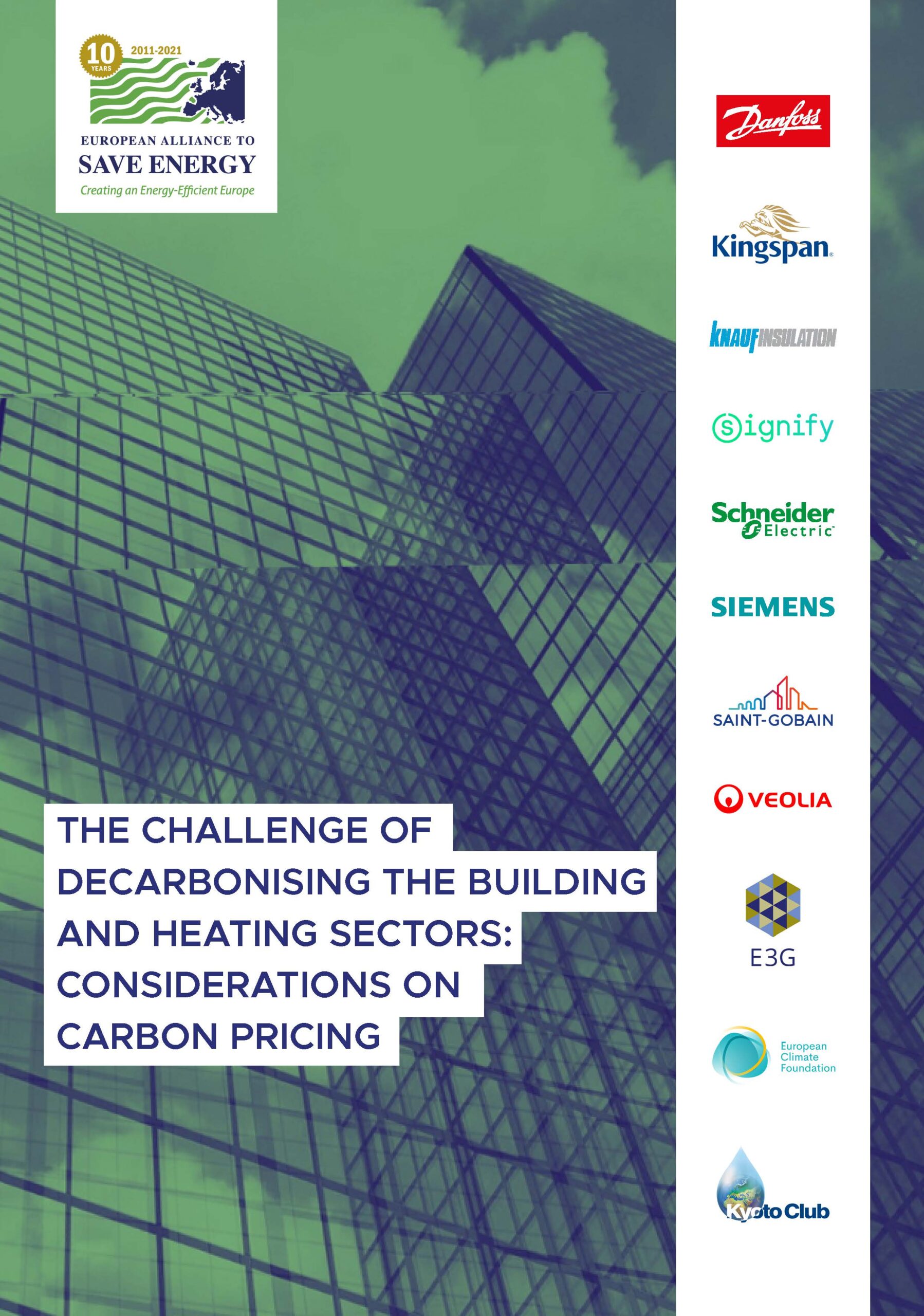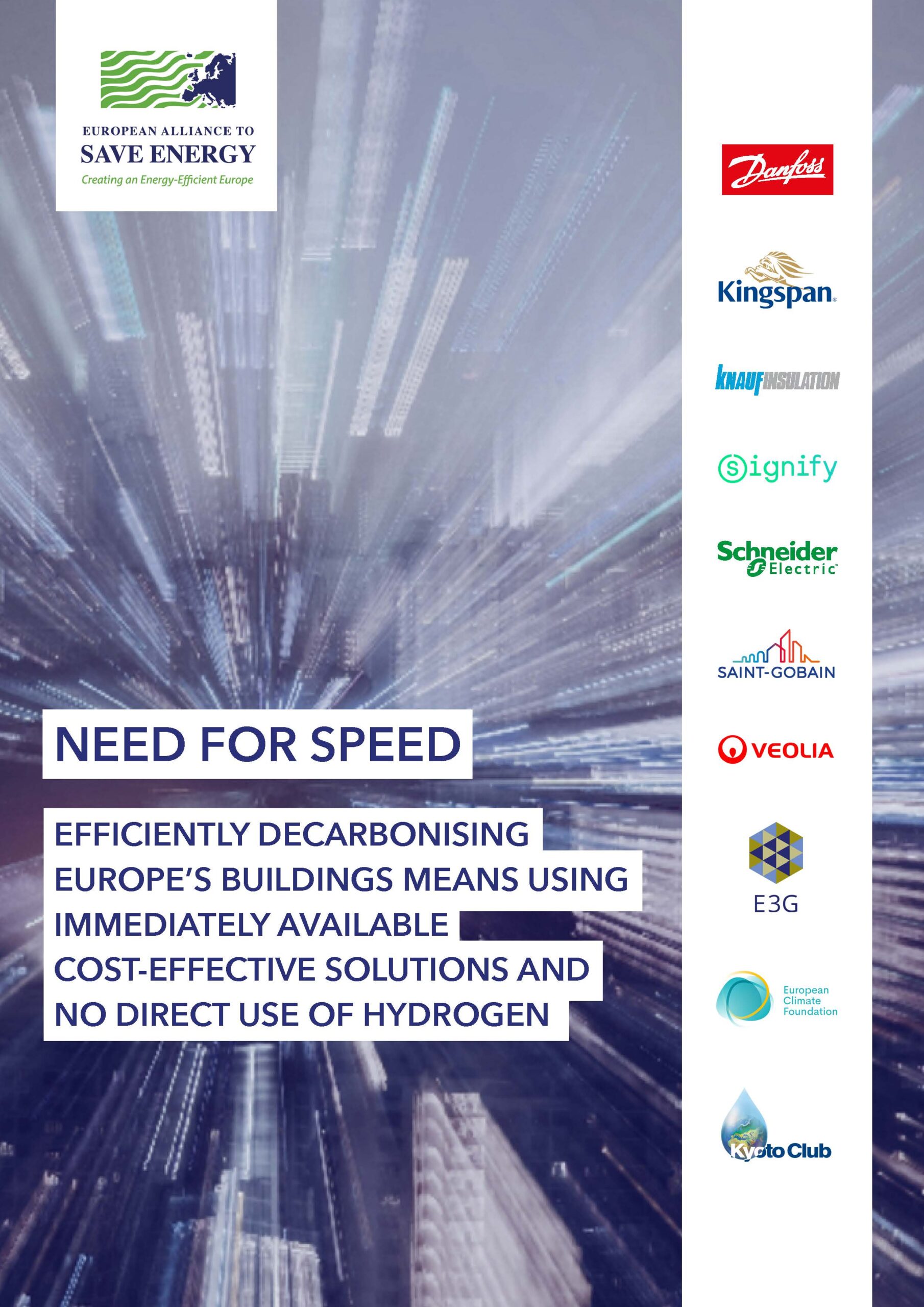Decarbonising the building and heating sectors: considerations on carbon pricing

Energy efficiency should be the starting point for all decarbonisation efforts. Carbon pricing can play a role in this, as it can provide incentives for the fuel switch and to some extent for energy efficiency investments. Yet, it should not replace impactful regulatory measures in the building sector driving the energy savings necessary to meet climate neutrality.
We believe carbon pricing in the building sector can only work effectively and efficiently if:
- Its modalities are thoroughly assessed to gauge its potential benefits for the building sector
- It is part of a well-designed broader policy mix
- It includes a resilient mechanism for reinvesting its revenues to prevent and reduce energy poverty
Read the full paper
More about our webinar on carbon pricing and buildings


